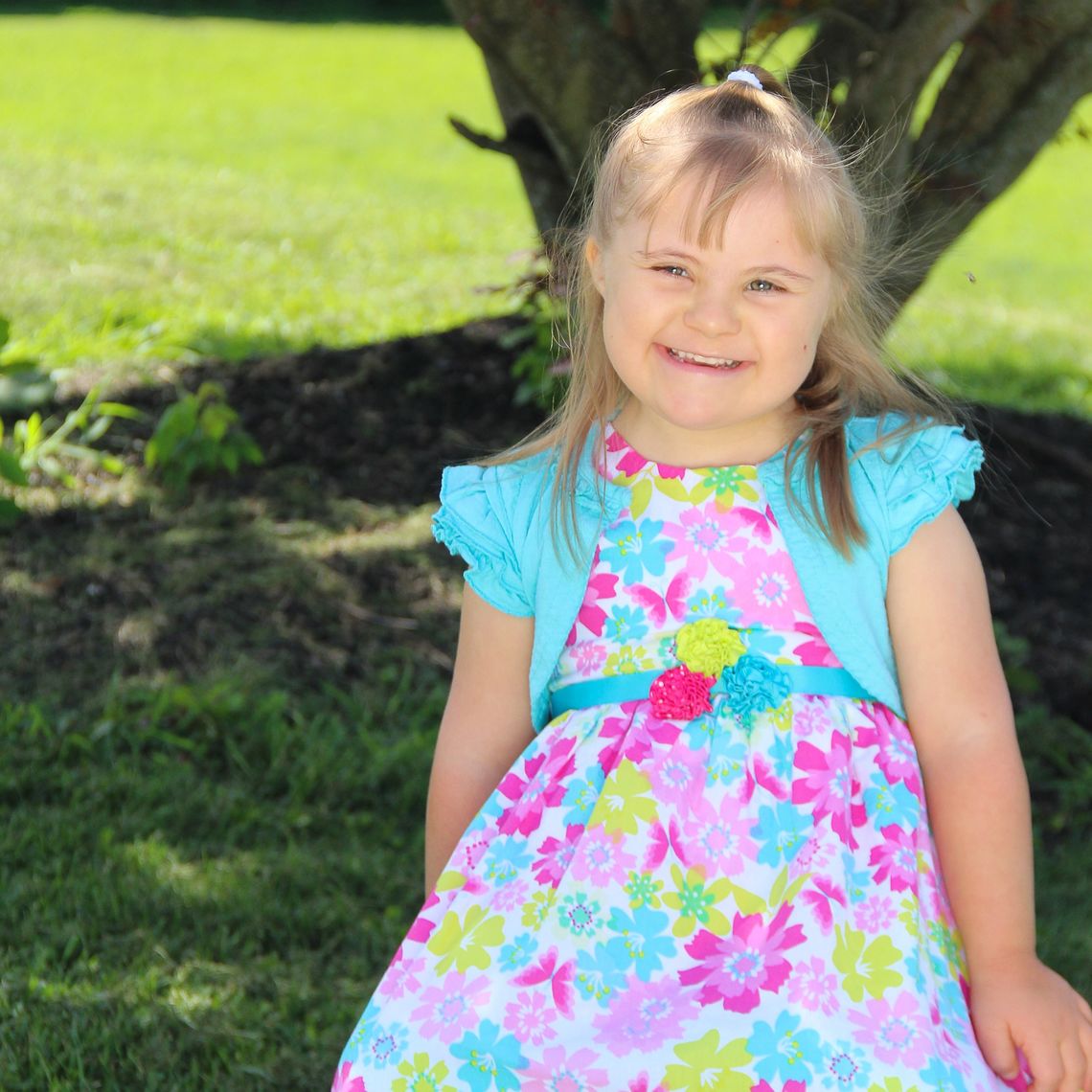
Miranda
Preserving Feeding Therapy for a Medically Complex 5-Year-Old
Learning to feed oneself is essential child development because mastery of that core, daily activity helps children become confident and self-assured. Unfortunately, the insurer of a medically complex child disagreed. That’s why PHLP represented Miranda, a five-year-old girl with developmental disabilities including Down syndrome and heart anomalies.
In Pennsylvania, Medicaid’s benefit package for children covers services and supports that enable children with chronic needs to live at home with their families. Medicaid provided Miranda with a feeding therapist to learn to chew and swallow various foods and, of course, to reduce her risk of choking and aspiration. She was making progress but had not yet gained independence. But Miranda’s Medicaid Managed Care Plan (MCO) was impatient and had enough. It denied the family’s and doctor’s requests to continue feeding therapy because Miranda had not had a choking incident and could rely on her parent’s or teacher’s supervision. Frustrated by the red tape blocking her daughter’s care, Miranda’s mother reached out to PHLP. We were glad to help.
PHLP challenged the Medicaid MCO’s denial at a grievance hearing. PHLP staff worked with Miranda’s feeding therapist to show that Miranda benefitted from the service and would continue to improve. We also prepared Miranda’s mother to describe her day-to-day meal prep and Miranda’s feeding routines.
At the grievance hearing, the Medicaid MCO tried to suppress the feeding therapist participation as irrelevant and tried to end the hearing before Miranda’s mother presented. Those attempts failed. All the relevant witnesses and information were presented, and the denial was overturned! Miranda’s feeding therapy could continue.
Miranda’s mother acknowledged what PHLP knows too well: challenging an insurance company’s denial of services is too much for families to cope with alone. That’s why PHLP exists. To help parents with medically complex children focus on their children’s needs.
